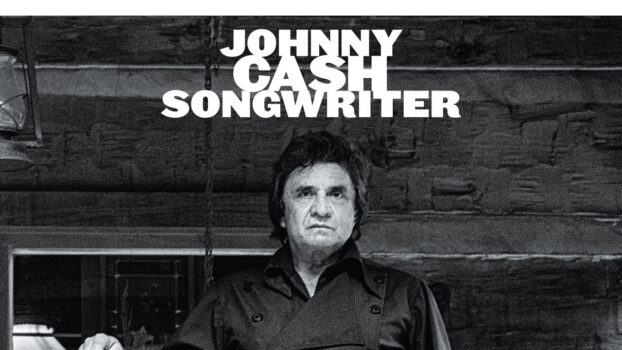When Johnny Cash teamed up with Rick Rubin for 1994’s American Recordings, their partnership launched one of many nice remaining acts in Twentieth-century American music. But such a comeback would have appeared vanishingly unlikely on the daybreak of the ’90s. Left with out a main label for the primary time since 1958, Money had resigned himself to the ignominious depths of Branson, Missouri, the Ozark city recognized for cheesy theaters housing fading stars from yesteryear. The nation icon couldn’t even get that proper. His monetary backing went stomach up previous to the launch of the Johnny Money Theatre in the summertime of 1992. When he did lastly play the venue a 12 months later, he was caught filling in for its new headline attraction: the infamous lounge lizard Wayne Newton.
The beforehand unheard demos on Songwriter, a posthumous new album, make clear that comeback, a story so immutable that it at present appears etched in stone. They’re drawn from periods at Nashville’s LSI Studios, the place Money arrange in some unspecified time in the future within the early ’90s to document a clutch of newly written songs. John Carter Money—the one baby of Johnny and June Carter Money—lately found the recordings, however the artist’s intentions for them stay unclear. Money’s resolution to document at LSI might have been partially altruistic, because it was the joint property of his stepdaughter Rosie and her then-husband Mike Daniel, and thus a straightforward option to funnel some funds their method. It’s additionally potential that the demos had been meant to steer one other label to signal the nation veteran—a aim that was met by different means as soon as Money met Rubin in 1993.
Two of the tunes on Songwriter, “Drive On” and “Like a Soldier,” additionally seem on American Recordings, and their simultaneous presence illuminates the space between the 2 initiatives. They’re two of the lighter moments on the spare, stoic American Recordings and two of the weightier songs on Songwriter, a document that finds loads of room for Money’s humor and sentimentality, character traits Rubin staunchly prevented. The 2 qualities mix on “I Love You Tonite,” a love letter to June Carter Money during which he marvels that they’ve made it by way of the many years and wonders in the event that they’ll final till the brand new millennium.
Some massive issues nag at Money—he ponders the destiny of the planet on “Hiya Out There”—but he typically spends Songwriter working at a smaller scale, penning character sketches of single moms sustained by their love of James Taylor, flirting with a girl on the laundromat (“Properly Alright”), and writing an ode to all the gorgeous women from Little Rock. There’s no sense of foreboding right here; it’s as gentle and rambling as any of the LPs he reduce throughout his waning days at Columbia within the early Nineteen Eighties or the unjustly maligned Mercury platters from later that decade.





